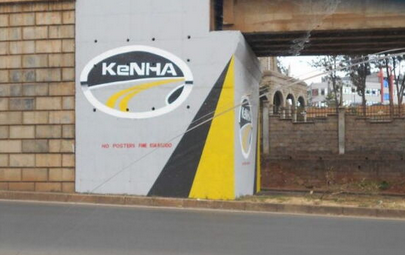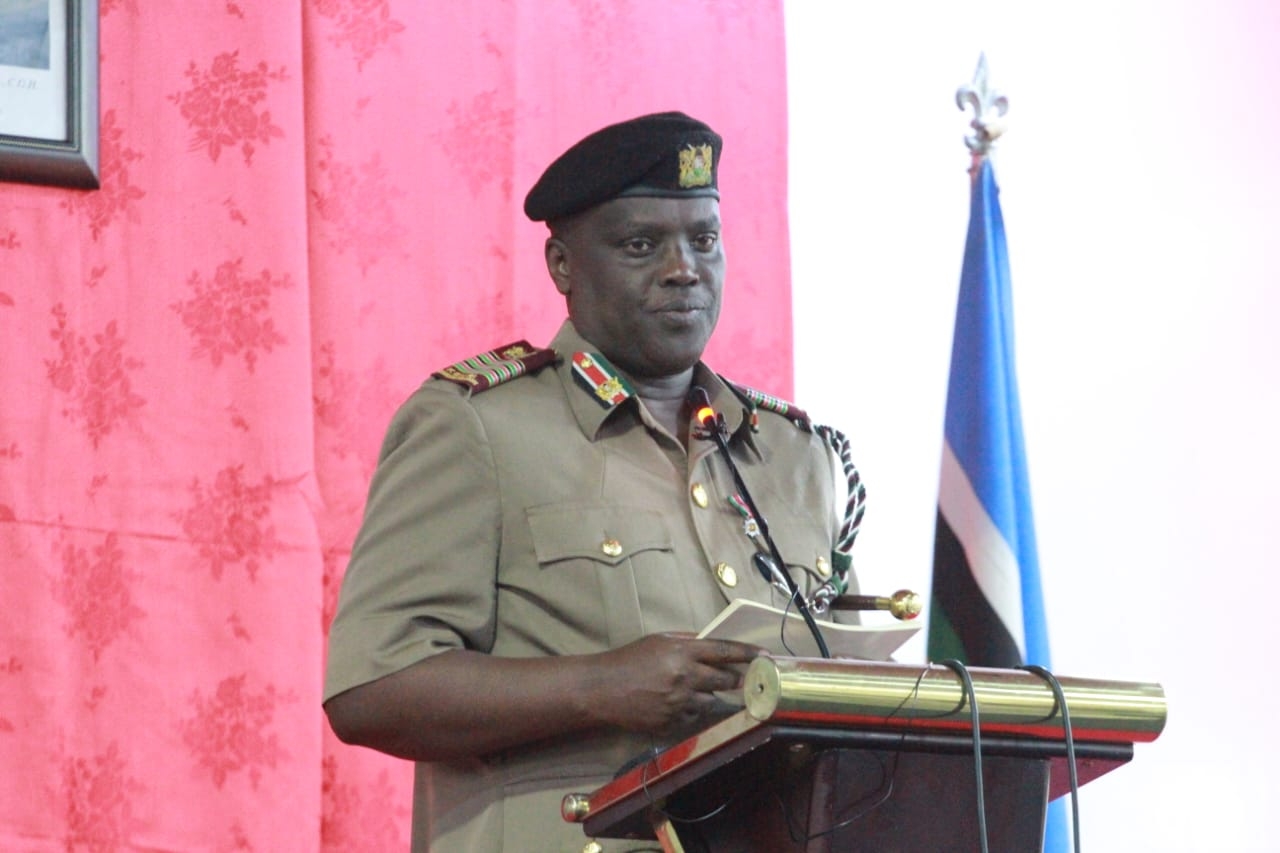

The Kenya National Highways Authority (KeNHA) has announced
a temporary closure of the Njoro–Mau Summit (B129) Road to allow for pavement
reconstruction works.
According to KeNHA, the road will be closed from Thursday,
October 16 to Thursday, November 6, 2025.
The closure point is located about one kilometre past
Keringet Factory and two kilometres before Molo Town.
During this period, a diversion route has been identified
for use. However, KeNHA has cautioned that due to a sharp restricted curve
along the diversion, lorries and long trucks will not be allowed to use it.
“A diversion has been identified for use during this period.
However, due to a sharp restricted curve, lorries and long trucks will not be
allowed to use it,” the authority said.
Motorists travelling to Molo and Mau Summit have been
advised to use the Nakuru–Mau Summit (A8) Road via Kibunja Junction.
KeNHA has urged all road users to follow the proposed
traffic management plan to ensure safety during the roadworks.
This is the latest closure announcement after the authority,
through its Acting Director General Luka Kimeli, recently ordered the temporary
closure of the busy Rironi–Kamandura Interchange in Limuru to allow for
reconstruction works.
The closure affected the junction linking A8 (Waiyaki Way), Limuru
Road, and A8 South (Mai Mahiu Road), lasting slightly over a month, from August
22 until October 31, 2025.
The roadworks involved the reconstruction of the entire
interchange, including slip roads, loops, and approach roads.
The project forms part of the ongoing upgrade of the Nairobi–Nakuru–Mai
Mahiu highway corridor, aimed at improving traffic flow and road safety.
Currently, the Nairobi–Nakuru–Mau Summit and Nairobi–Maai
Mahiu–Naivasha roads are in the Project Development Phase (PDP).
This phase involves detailed traffic studies, geotechnical
assessments, preliminary designs, and environmental safeguard activities.
On May 23, 2025, KeNHA received two Privately Initiated
Proposals (PIPs) for the project’s development.
One was submitted by Shandong Hi-Speed Road & Bridge
International Engineering Co. Ltd (SDRBI), while the other came from a
consortium comprising China Road & Bridge Corporation (CRBC) and the
National Social Security Fund (NSSF).
Both proposals were evaluated by KeNHA and the Public
Private Partnerships Directorate at the National Treasury and subsequently
approved to proceed to the PDP stage.
The two highways are part of the Northern Corridor, one of
the busiest transport arteries in East and Central Africa.
The corridor links the port of Mombasa to Uganda, Rwanda,
Burundi, South Sudan, and the Democratic Republic of Congo, while directly
serving more than six million Kenyans.
Expanding the capacity of the roads is expected to ease
congestion, cut travel times, improve safety, and boost regional integration.
KeNHA has already concluded public stakeholder engagements,
which it described as a critical step in ensuring communities and institutions
affected by the projects are heard and their input incorporated into the plans.
The forums also serve to update stakeholders on the
project’s feasibility study, outline its potential benefits and impacts,
provide timelines, and clarify roles while addressing concerns and gathering
feedback.
















